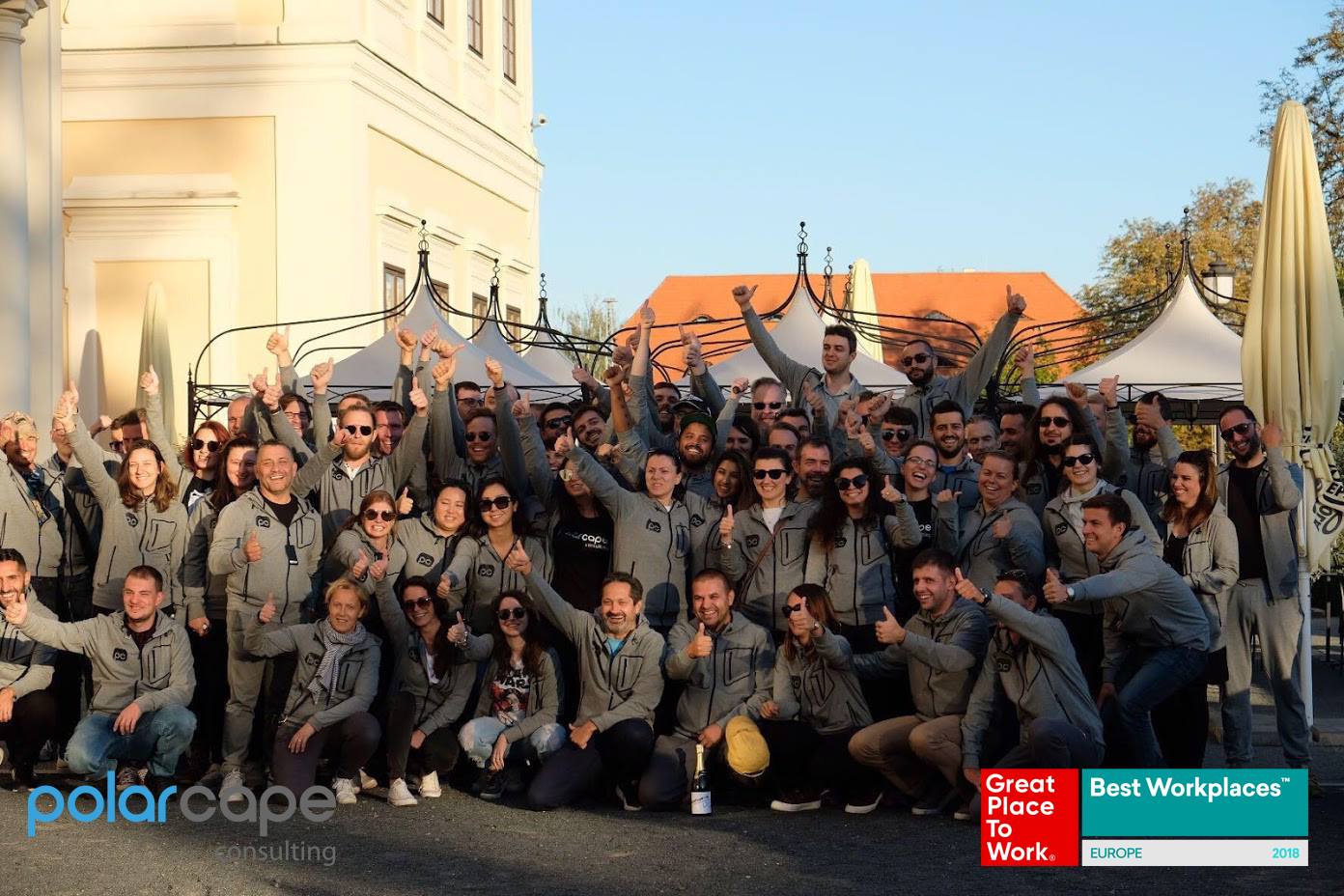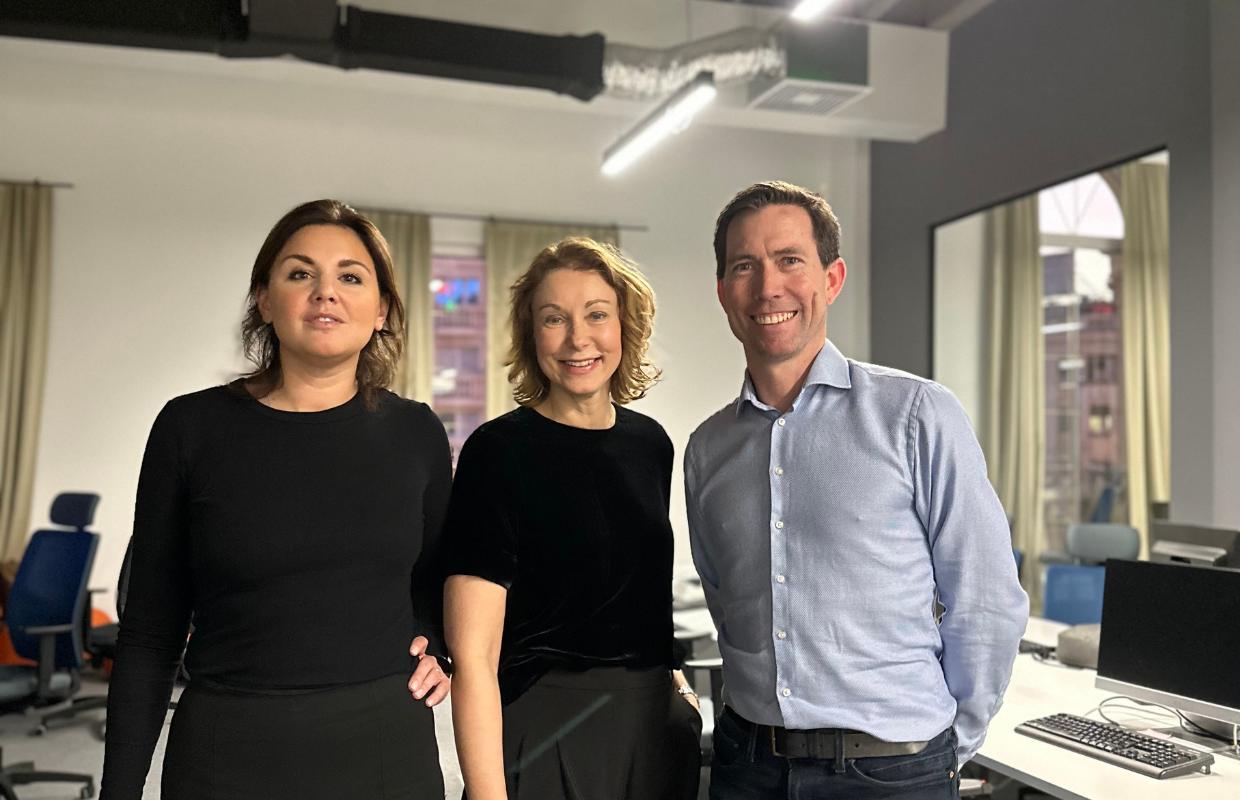Author: Lena Padukova, IT Consultant
I’m deep down below in a sailing boat’s slowly rocking, slightly stinking belly. I’m getting some plumbing work done; making a new installation and enhancing an old. Dealing with a legacy from previous owner requires respect and a positive mindset; if you do not want to find half-amateur made “customized solutions” covered with deep sh… ehm, patina, then you should invest in a completely new purchase, not only the system – I mean a brand new boat. And if you do that, you’ll be the very one customizing it, and in the worst case have the next owner swearing about the unfamiliar fixes and implementations.
I’m installing a holding tank to comply with the Swedish rules concerning boat heads (for the land crabs, that’s the nautical name for toilets). The boat was not fitted for Sweden, and now this must be fixed before any sailing in these waters can be done. You can either follow the laws and recommendations – or hold yourself until you cross the border again. Latter not really recommended. So I am making this installation, and while I’m at it – I am improving the related ones. It’s a dirty job, but someone’s gotta do it. One might ask, why am I that someone who is doing the dirty job?
Being an expert is not just collecting as much theoretical knowledge as possible. It’s not getting a glossy paper with a stamp to hang on the wall. It’s not creating a loud name, or having loads of nice titles. It’s all fine, though, but you will never become an expert without practicing what you do, and making mistakes. An expert is but an ex-beginner who has made all the mistakes ahead of everyone else.
Bear that in mind next time you do not feel like much of an expert, and feel like you should be leaving a simple job to someone else. Or are afraid of making a mistake. Making mistakes is the only way to become an expert. Except, of course, learning from others’ mistakes. But that means that mistakes should be talked about, shared, and celebrated. In many companies however, there is a very small understanding of the importance of failing and retrying before succeeding. Often, the “winner culture” can become toxic, and prevent people from sharing experience and helping each other. Communication and respect for your team members is key to a healthy and productive enterprise, and is the first step to getting the company to be a good place to work at. Here, Polar Cape has succeeded far beyond many other companies.
I cannot stress enough the importance of coaching leadership to get there. But also having the managers involved in the practical stuff so they do not forget the core business. Even if it means getting your hands dirty, elbow-deep.













